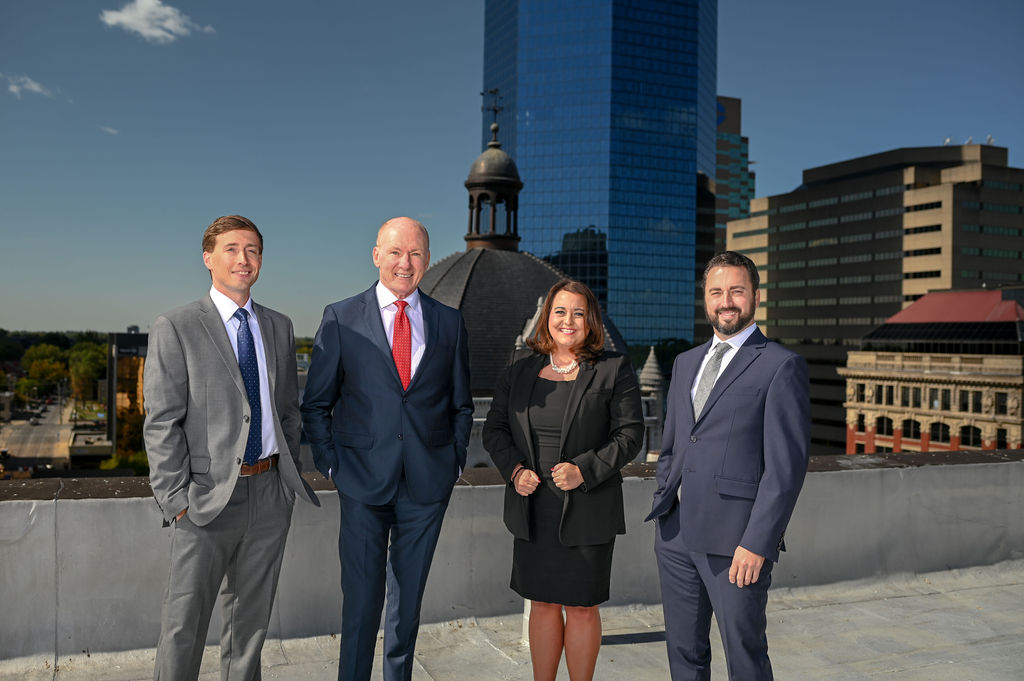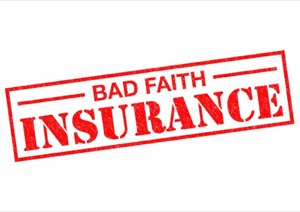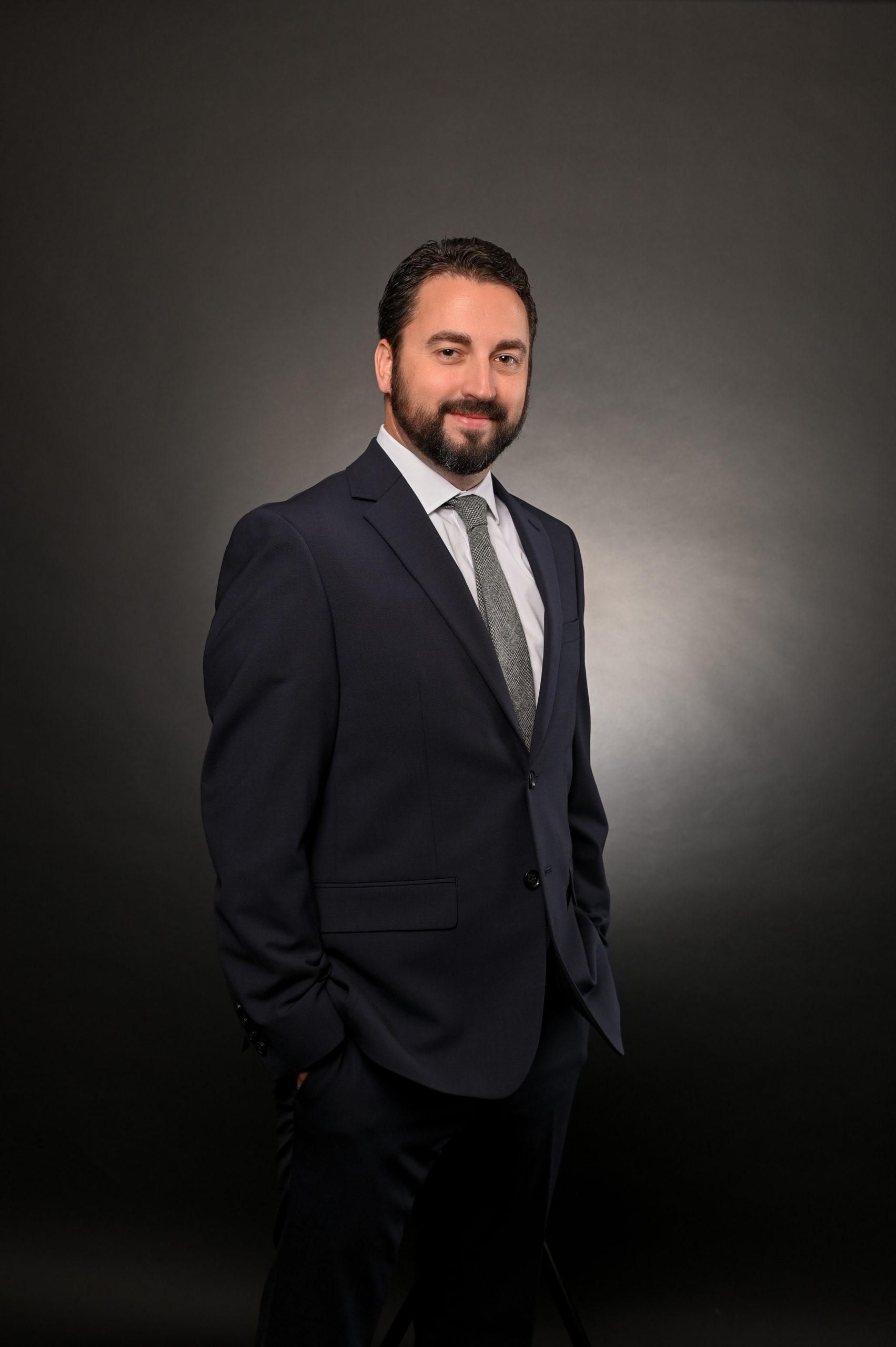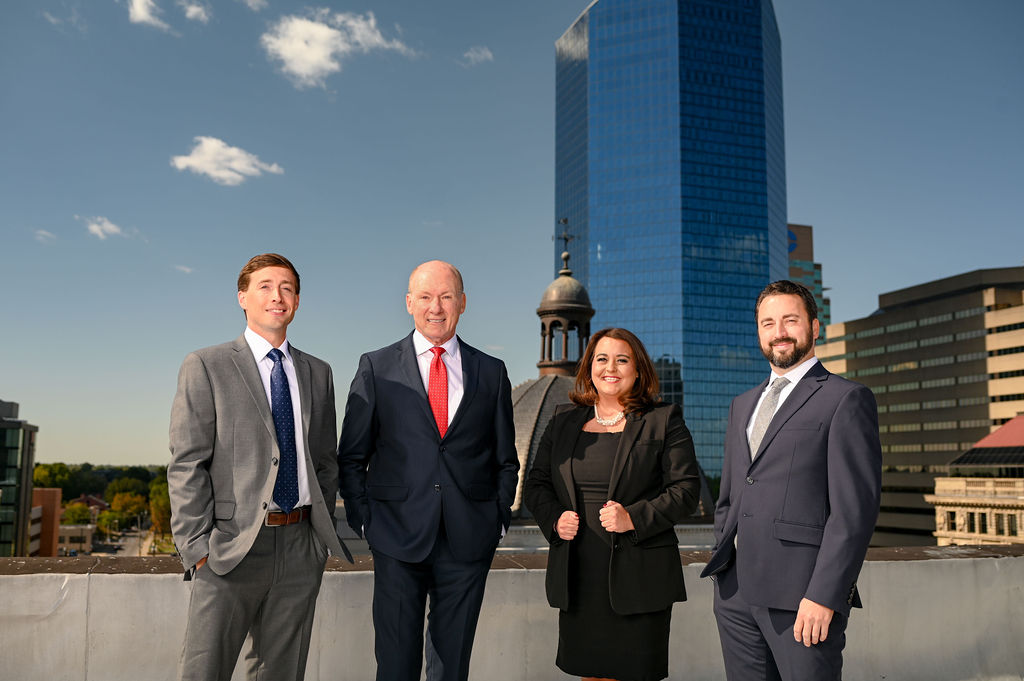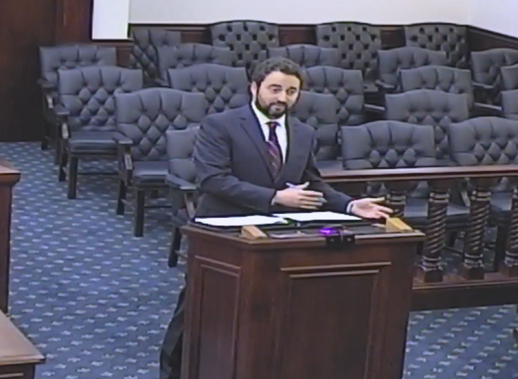Mehr Fairbanks wins at the Kentucky Supreme Court! The Kentucky Supreme Court has affirmed the Court of Appeals’ ruling in favor of Mehr Fairbanks’ client, the Greenville Cumberland Presbyterian Church. In 2019, the roof of the church collapsed. The church hired an engineer and attempted to brace the ceiling and roof structure as it slid down the walls of the church, bowing the walls outwards. Ultimately, the damage was too severe to save the church, and the church had to be demolished. When the church submitted an insurance claim to its insurance company, State Auto Property & Casualty Insurance Company, State Auto denied the claim, arguing that the roof had not actually collapsed. State Auto prevailed at the trial court, but the Court of Appeals unanimously reversed and ruled in favor of the church, finding that a collapse had indeed occurred. Kentucky’s highest court then granted discretionary review and has now affirmed the Court of Appeals’ ruling, finding that the church sustained a collapse which was covered by the State Auto insurance policy. You can read the full opinion here!

 Kentucky ERISA Disability & Life Insurance Claim Lawyers
Kentucky ERISA Disability & Life Insurance Claim Lawyers

















